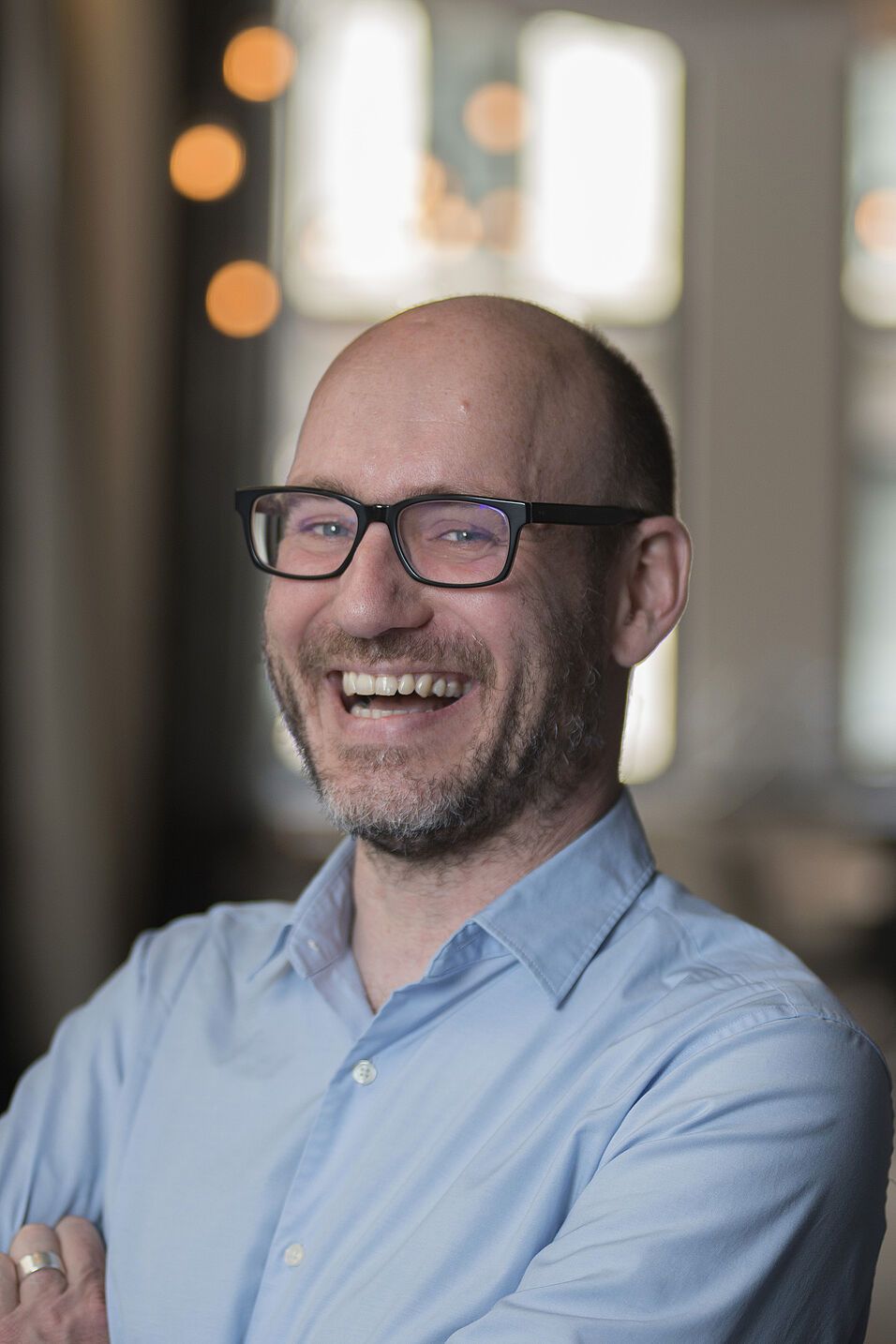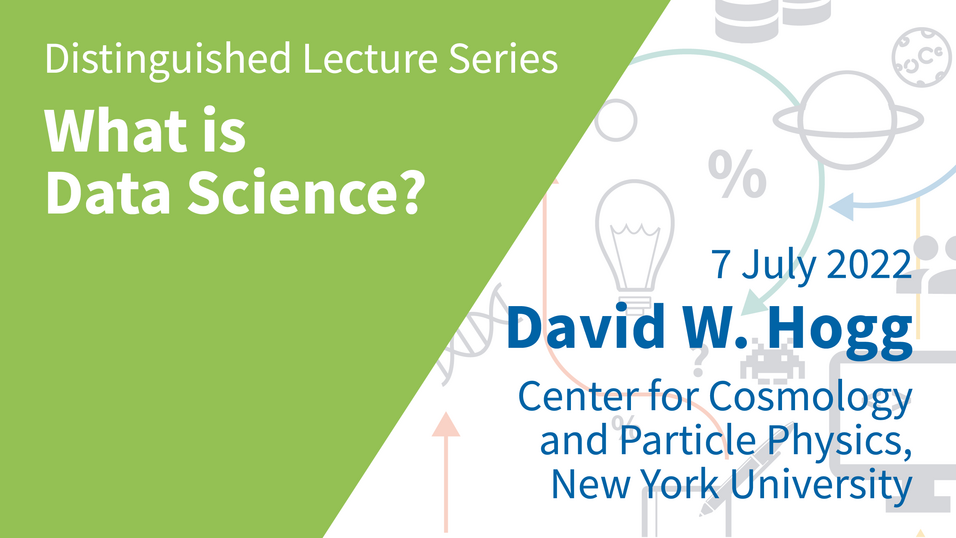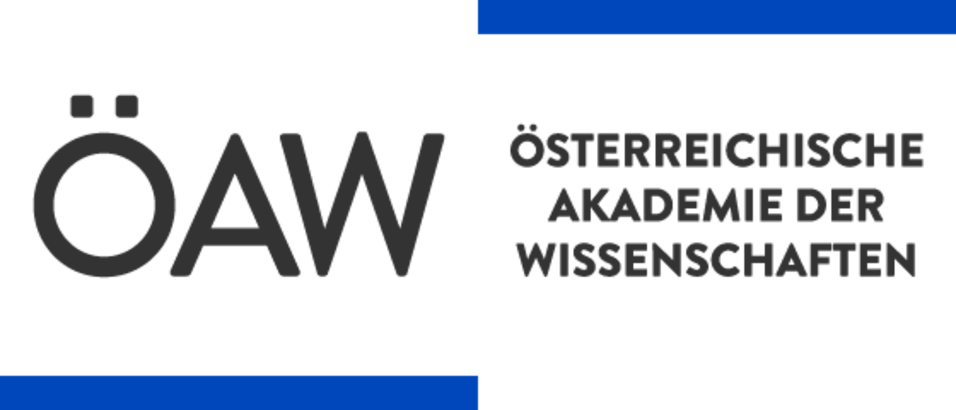Machine learning is presenting new opportunities in the natural sciences. The standard machine-learning workflow represents a very different epistemology than that of other kinds of scientific methods. How does that impact our results and beliefs about those? David Hogg will talk about the different possible roles for machine learning in science using some examples from his own field of astrophysics. He will discuss them both in terms of their epistemological and ontological underpinnings and also in terms of their effects on measurement precision and understanding. He argues that, for example, there is a great difference between using a Gaussian Process to model an unknown noise process in an experiment and replacing a physics-based simulation with a deep-learning emulator.
When and where?
Date:
7 July 2022 @ 16:30 CEST
Location:
Urania Vienna
Rooftop Hall
Uraniastraße 1
1010 Vienna
Registration:
For organisational reasons, we are thankful for your registration until 3 July 2022 at the latest.
Bio
David W. Hogg is an astrophysicist at New York University's Center for Cosmology and Particle Physics and the Group Leader for the Astronomical Data Group at the Flatiron Institute's Center for Computational Astrophysics in New York. His research has ranged across fundamental cosmological measurements, galaxy formation at high redshift, stellar dynamics in the Milky Way, precise measurement of stellar element abundances, and extra-solar planet discovery.
His work includes a significant engineering component, in areas of instrument calibration, automated data analysis, and statistical inference. He is a developer and supporter of open-source software projects and open-data initiatives. He is involved in the NYU Center for Data Science and also spends a part of each year at the Max Planck Institute for Astronomy in Heidelberg, Germany, where he is a visiting member of the faculty. Hogg earned his Ph.D. in physics from Caltech and his bachelor's in physics from MIT. He was a long-term member of the Institute for Advanced Study in Princeton, N.J., where he became involved in the Sloan Digital Sky Survey. Hogg joined New York University in 2001 and the Flatiron Institute at its founding in 2017.
The event is kindly co-sponsored by the Commission of Astronomy of the Austrian Academy of Sciences.



